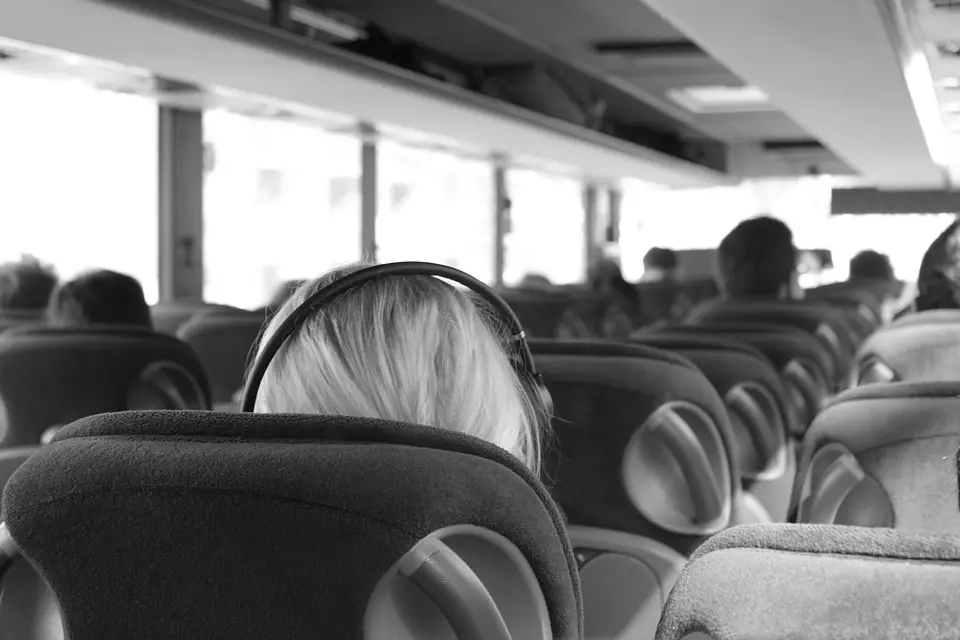As Poslovni Dnevnik writes, due to the spread of coronavirus and the large increase in the number of people infected with it, an increasing number of schools across the Republic of Croatia are switching to distance learning (the so-called Model C), which puts Croatian bus carriers in an awkward position with major problems with their student transport contracts. This came as a warning from the Croatian Employers’ Association (HUP), which pointed out the illogicality and non-functioning of contracts for the bus transport of students.
HUP explained that many Croatian bus carriers have contracted the transport of students for 180 days per year, but due to the closure of schools in some areas they were left without what was contracted and lost all of the income that was promised with it.
“We understand the reasons why schools switched to distance learning, but for us it means that the buses run empty or are forced to stop running completely. Of course, fixed costs such as utilities, fuel, leasing and the payment of wages to workers and drivers remain the same every month, regardless of which model the school we drive for decides to operate with. That’s why it is fair to recognise that there is ‘force majeure’ in these contracts and to pay carriers at least the cost of a cold drive worth 50 percent of the agreed amount during which students have distance learning,” said Damir Pavlovic from HUP, adding that otherwise the so-called model A will not mean the return of students to schools because there will be no one to transport them when the epidemiological situation finally does calm down.
”Most Croatian bus carriers won’t be able to cope with this”
HUP also made sure to note that the criteria and the way of co-financing the costs of public transport for the country’s high school students are based on a government decision from back in 2018, long before the pandemic struck, where the calculation was based on the price of ordinary Eurodiesel, which then amounted to 8.37 kuna. Today, the prices of basic Eurodiesel start at a significantly higher 11.29 kuna, which is an increase of 35 percent, and fuel is a key input cost that largely defines the business of Croatian bus carriers.
“Due to the coronavirus crisis, bus transport is one of the most endangered industries because any spread of the infection reduces the number of regular passengers we transport. The epidemic has obviously entered its critical phase and we’re asking the state to please try to adapt to these new circumstances. If we don’t recognise the costs of cold storage for student transport and if we don’t introduce the appropriate measures to preserve jobs, everything that has been done well so far will mean nothing, and take down the vast majority of bus operators who won’t be able to withstand this pressure with it,” concluded Pavlovic.
For more, check out our dedicated business section.








